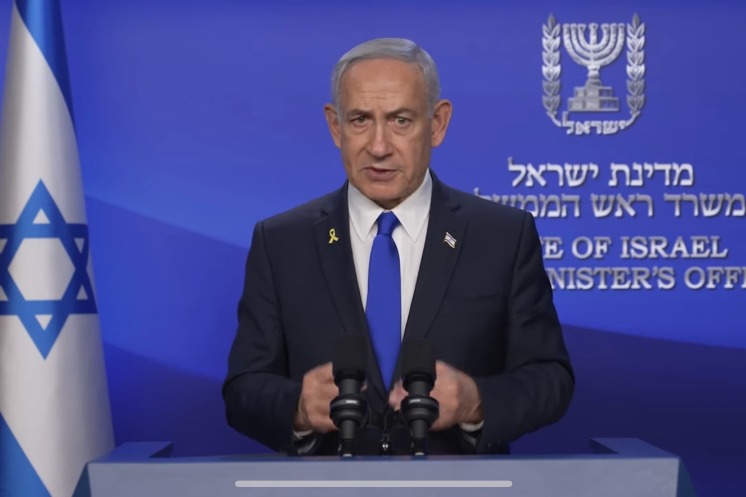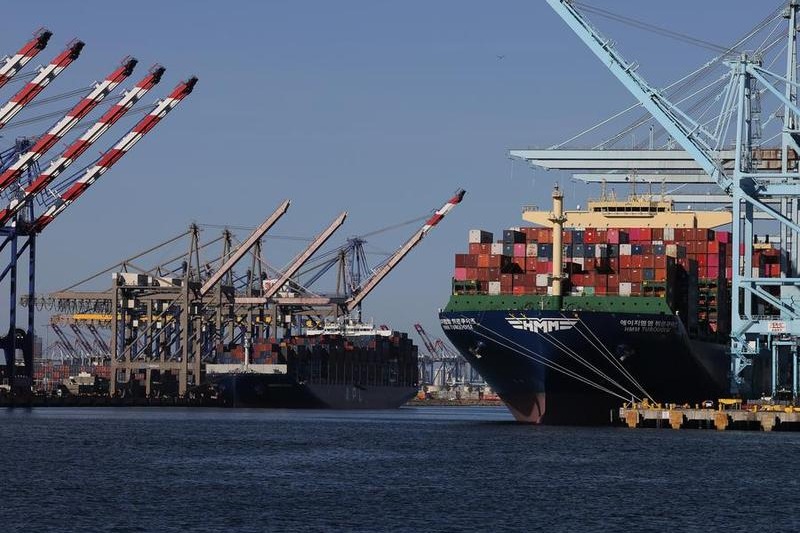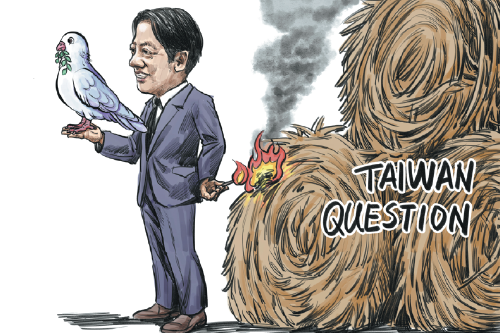China-US trade talks: A new dawn for the world economy


The unexpected outcome of China-US trade talk in Geneva sent global markets into jubilation. But questions remain: Why did China, having taken such a firm stance against US tariffs, agree to negotiate with Washington? Did China finally yield in the face of the Tariff Man?
First, it is worth emphasizing again that the talks were initiated by the American side. The dodging answers from US officials and their mumbles, such as "both sides happen to visit Geneva at the same time", are clear clues.
And the answer to the questions is crystal clear: China agreed to the talks and reached common understandings with the US out of the well-being of businesses and consumers of both countries.
China has openly stated many times that no one wins in a trade war; it only harms the interests of the two peoples as well as the whole world. And it has expressed on multiple occasions the readiness to have trade talks with the US, as long as they are equal, mutually beneficial, and conducted with mutual respect. The firm hand from China was meant to bring the US back to the rule-based trade system.
The imposition of tariffs on Chinese goods harms US businesses and consumers. Statistics from e-commerce analyst SmartScout show that after April 9, prices rose for 930 products on Amazon, with average increases of 29 percent in categories such as apparel, home goods, electronics, and toys. Walmart also warned that it would raise prices due to increased costs from tariffs.
And this is why shortly after the outcome's release, US importers sprang into action, literally "jumping out of bed" to ship backlogged goods from China. In the seven days after the trade "truce" was announced, average bookings for Chinese exports to the US surged 277 percent to 21,530 standard containers.
For the sake of the world
One more reason China agreed to the talks was to avert a potential ripple effect on the entire global economy. In late April, the IMF's World Economic Outlook report revised down its global growth projection for 2025 to 2.8 percent, 0.5 percentage points lower than the January forecast, due to US tariffs and subsequent countermeasures.
By making the US change course, China has injected much-needed predictability into a world economy battered by haphazard tariffs and economic threats from the US. Bilateral economic uncertainties were reduced, international concerns were eased, and dark clouds hanging over the global economy were partly cleared.
On May 12, US, European, the Chinese mainland and Hong Kong stocks all rallied. The Hang Seng Tech Index and the Nasdaq Golden Dragon China Index soared over 5 percent, while all three major US stock indices gained more than 2 percent.
WTO Director-General Ngozi Okonjo-Iweala welcomed the outcome and emphasized its critical importance not only for the two countries but also for the rest of the world, especially the most vulnerable economies.
Setting an example
One interesting perspective is how the Geneva talks will impact the ongoing trade negotiations between the US and other countries.
Indeed, the whole world is watching how China and the US interact. In its handling of the US-initiated tariff war, China has maintained a consistent position: the door is wide open for talks, but if forced to fight, China will see it through till the end. In neither of the two scenarios would the country seek any agreement at the expense of its principles or the cause of international fairness and justice.
China announced its countermeasures immediately after the US provocation, and the measures were proven effective. One month later, pressed domestically and globally, the US had to clarify its stance against "decoupling" with China in Geneva.
This sets an example for other nations negotiating with Washington. And countries are indeed taking note. In early May, Japan publicly stated that it is not in a hurry to conclude a trade deal with the US and will not sacrifice national interests to expedite negotiations. Sabine Weyand, director-general for Trade and Economic Security of the European Commission, urged EU member states to remain calm and resist US pressure for a "quick deal." The bloc is also planning to impose tariffs on 100 billion euros of US goods if negotiations fail.
In the words of Stephen Olson, visiting senior fellow at the ISEAS-Yusof Ishak Institute, the China-US Geneva talks made people realize that Washington has overestimated its leverage, which fundamentally alters the dynamics of negotiations.
A long way to go
Although substantive progress was made, China-US trade negotiations are not yet concluded. The meeting in Geneva demonstrated both sides' willingness to resolve disputes through dialogue. But more sincerity is needed from the American side, as it has yet to fully eliminate all unreasonable tariffs, including tariffs on China under the pretext of fentanyl.
However, should Washington persist in pressuring China for concessions, Beijing would resolutely defend its legitimate interests.
History is on the side of China, as it upholds not just its own interests but also the WTO-centered multilateral trading system.
The author is a commentator on international affairs. The views don't necessarily represent those of China Daily.
If you have a specific expertise, or would like to share your thought about our stories, then send us your writings at opinion@chinadaily.com.cn, and comment@chinadaily.com.cn.


































